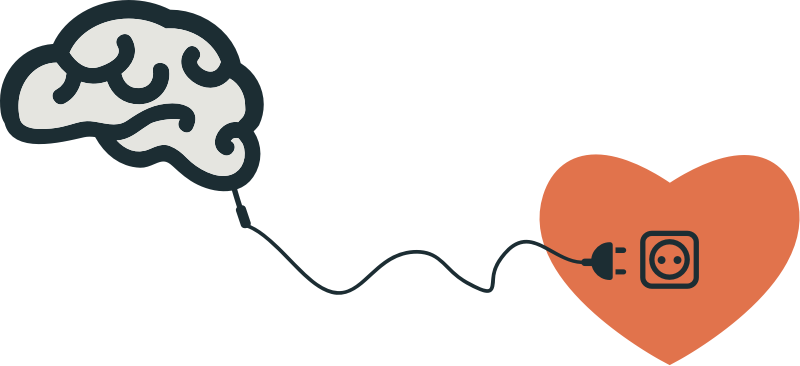CBT for Childhood Trauma
Treating childhood trauma in adults
Early trauma can lead to feelings of powerlessness coupled with anger, shame, grief, guilt and disgust. It can cause nightmares, emotional numbness and sleep problems. Mental health issues, such as depression and anxiety, are all too common. Anything that triggers a memory of the trauma an provoke these responses, having a debilitating impact on adults.
Post-Traumatic Stress Disorder (PTSD) is usually based on one incident.
Complex C-PTSD is based on multiple incidents and/or when a first trauma has been left untreated. This can be the case with adult survivors of childhood abuse, Holocaust, torture and cult victims – experiences that occurred when they could not influence the timing or escape the trauma.

Reactions to C-PTSD include difficulties in emotional regulation, persistent sadness, suicidal thoughts, reliving traumatic events, feeling detached from your mental processes or body (dissociation) and a sense of being completely different from other people. You may also find yourself attributing total power to the perpetrator or becoming preoccupied with revenge, leading to isolation, distrust or a repeated search for a rescuer.
If this sounds familiar, I should be able to help.
To treat such trauma I use an evidence-based model comprising 3 phases:
- Our first step is to make sure you feel safe so that your fears cannot overwhelm you. We do this with Somatic Safe Place Imagery and Body Scans, allowing you to reclaim a sense of safety. For stabilisation and regulation we offer to spend time with our horses who by nature offer you align with their inner state of calm therefore making you feel safe and heard. This can also be done without the help of our horses.
- Only once we have achieved this will we move on to processing your fears/trauma. Trauma-Focused Cognitive Behaviour Therapy [link to CPR section] will help you transform your negative beliefs into positive beliefs and approach your challenges in a different way.
- The last phase is Post-Trauma Regrowth, the key to integrating your learnings into your life to look forward to a more positive future. Together we will build a Resilience Plan to help you cope better and open up exciting new freedom.
This approach is based on Herman’s (1992) Tri-Phasic Model as a Standard of Care for Clinicians and has been approved by the Royal College of Psychiatrists and the UK Psychological Trauma Society.
